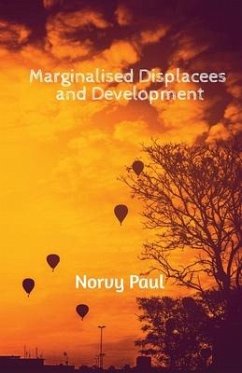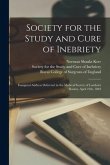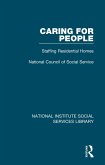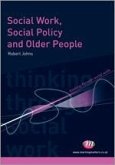Development is envisaged is realised often by the implementation of various projects involving investments which are expected to be boon to the respective nations. It not only impose financial burden for a specified time but also involves human displacement, involuntarily from the place of their origin. Nations and international agencies have also stipulated guidelines to implement such projects. India being mixed economy implemented projects on public-private partnership (PPP) and Kerala being first in the nation to have an airport on PPP model displaced 829 families. and another transport project that facilitates container movement (ICTT) which displaced 316 families. Since both involved forced eviction of families, invite a movement from one place to another which has multiple implications to their life. It can either lead to advancement or marginalisation. To understand the status of displaced people of these transport projects of Kerala, India the researcher has undertaken a study using mixed method to collect data from respondents selected for study. The study discloses that the oustees of both projects are experiencing a high level of marginalisation in four dimensions: economic, social, psychological and political. This hinders the achievement of intended wellbeing of oustees. This could have been avoided if there was adequate attention taken to obtain social licensing which promotes economics of recovery and wellbeing of individuals, community and society.
Bitte wählen Sie Ihr Anliegen aus.
Rechnungen
Retourenschein anfordern
Bestellstatus
Storno




![Begin Right, or, Facts in Figures for the People [microform]: to the Rate-payers and Other Citizens of Toronto Begin Right, or, Facts in Figures for the People [microform]: to the Rate-payers and Other Citizens of Toronto](https://bilder.buecher.de/produkte/65/65559/65559922m.jpg)



